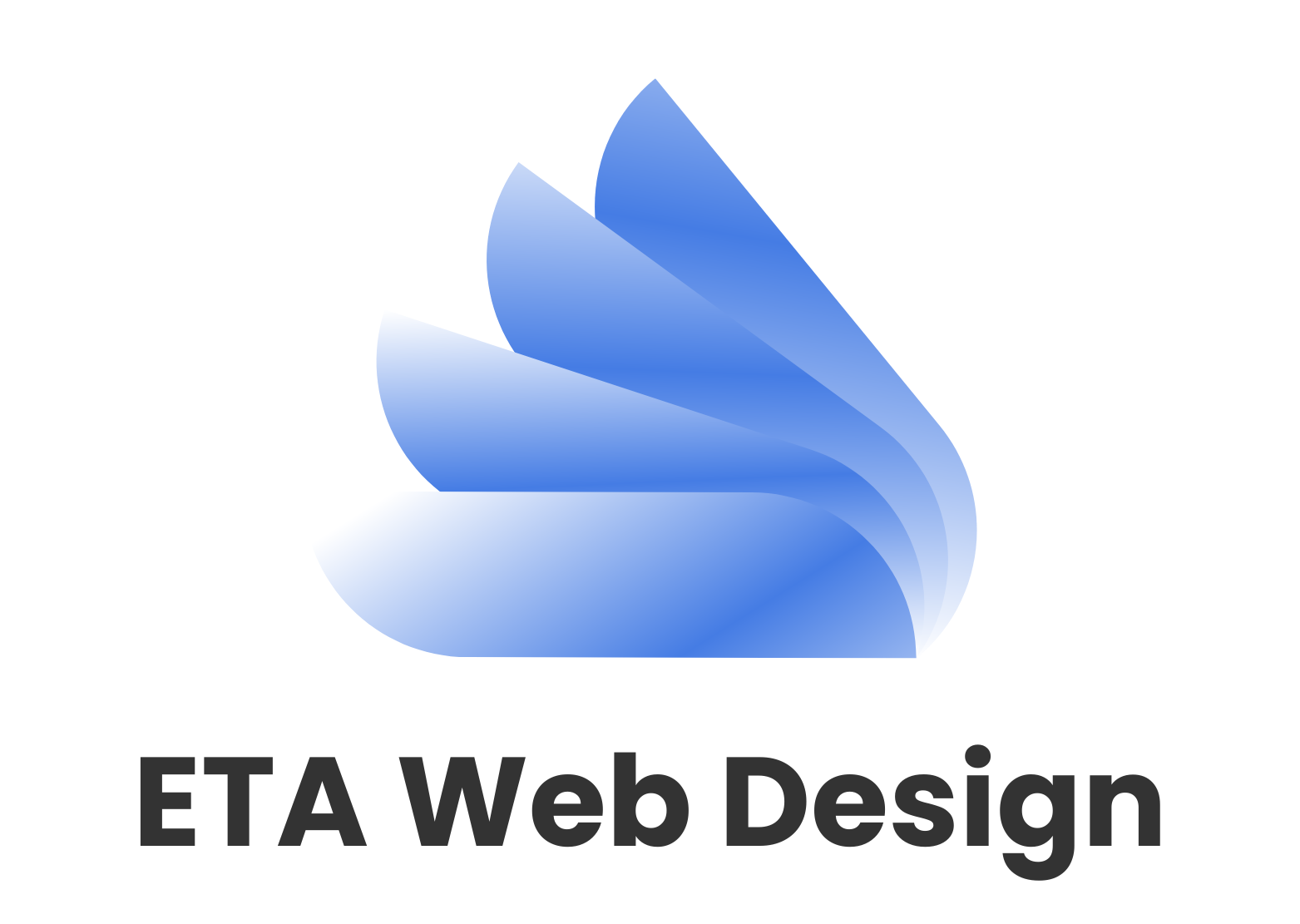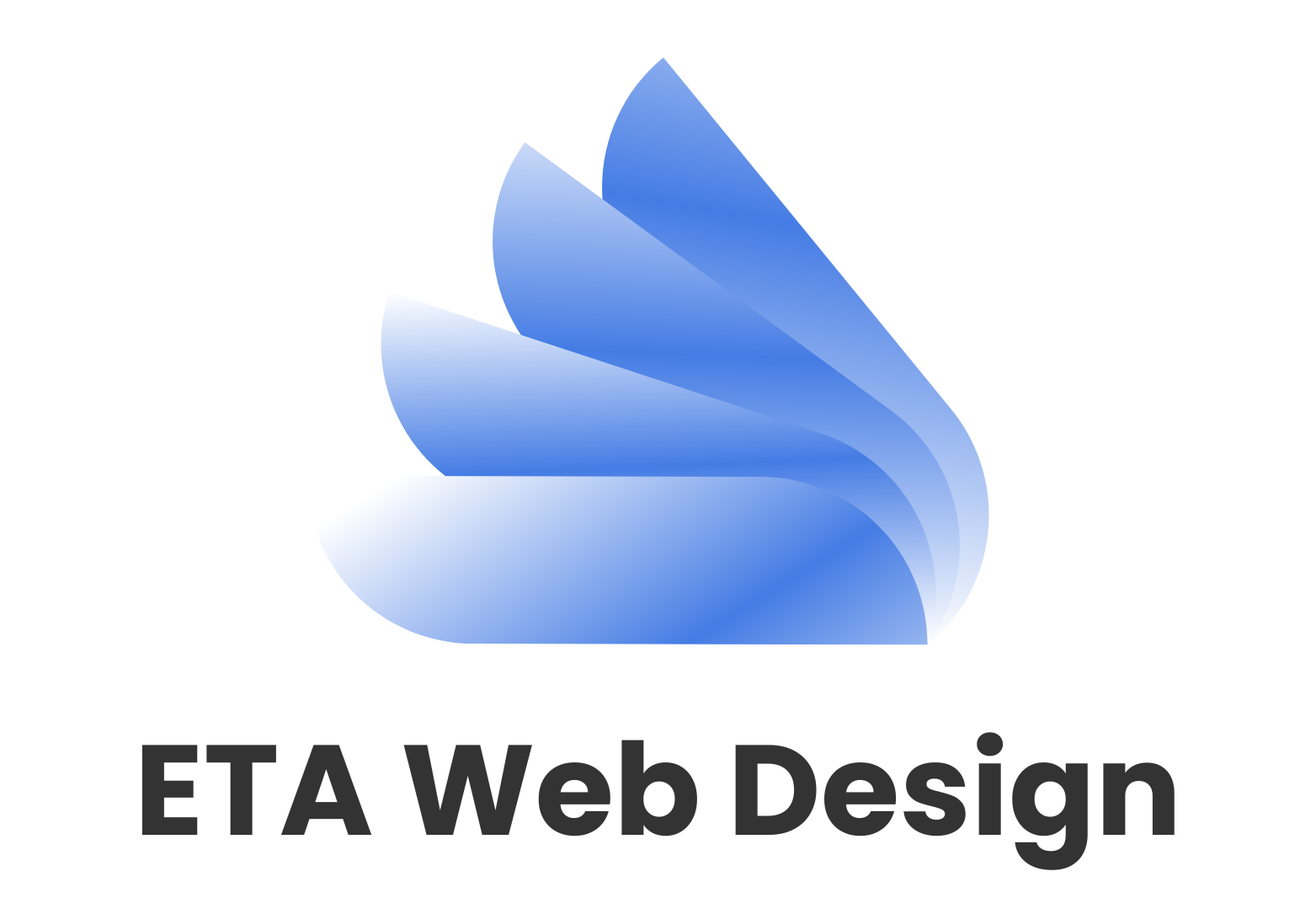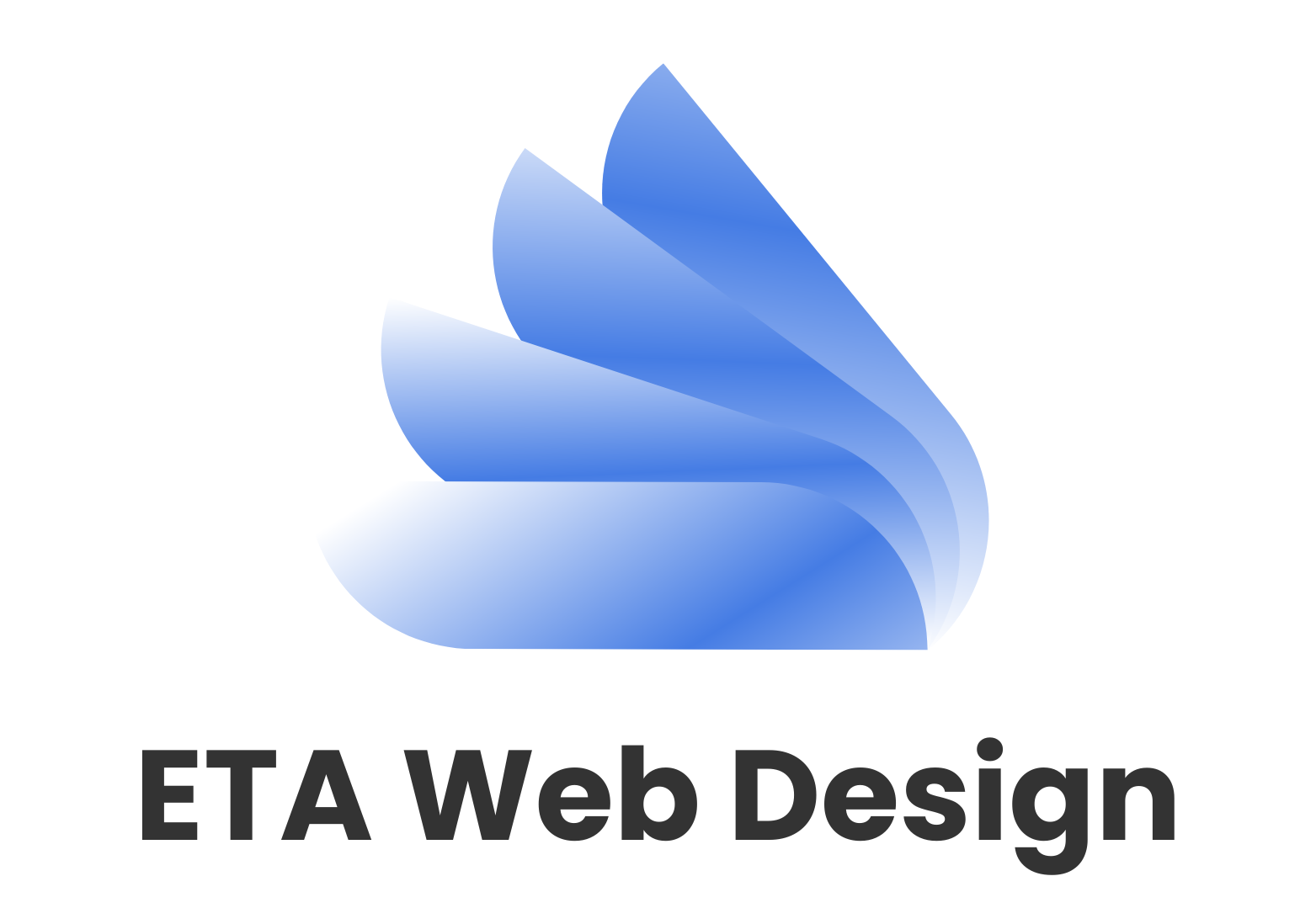Creating a professional website is one of the most important investments any business can make today. Whether you run a homeware brand, a wellness company, or a retail store, your online presence defines how customers perceive your business. With so many options available, the big question becomes: should you use website makers or hire a professional developer?
Explore the pros and cons of both choices to help you decide what best fits your goals, budget, and long-term vision.
Affordability and Accessibility
When considering how to build a website, cost and ease of use are often the first factors businesses evaluate. Web makers provide an accessible entry point for those wanting to establish an online presence quickly, but they also come with limitations worth understanding.
Pros:
- Cost-effective options: Many platforms offer free or affordable plans, ideal for startups and small businesses testing the waters online.
- User-friendly design tools: Drag-and-drop interfaces make it easy for non-technical users to build and customize websites without coding skills.
- Quick setup: You can launch a simple website within hours, perfect for those who need an immediate online presence.
Cons:
- Limited creative control: Free versions often include platform branding and restrict customisation, which can hinder brand individuality.
- Scalability challenges: As your business grows, these platforms may not support the advanced features or integrations you’ll eventually need.
- Generic design templates: While convenient, these can make it difficult for brands to stand out in competitive markets.
Businesses with slightly higher budgets can explore the
best website builder, offering greater flexibility, professional templates, and tools tailored for small to medium-sized enterprises seeking a balance between cost and creative freedom.
Customisation and Design Flexibility
While website makers provide ready-made templates and simple editing tools, they can restrict how much you can customize your site. The templates tend to follow a certain structure, making it challenging to achieve a completely unique design.
Hiring a developer, on the other hand, allows complete creative freedom. Developers can craft bespoke layouts, integrate advanced features, and optimize every detail for user experience and performance. This approach is ideal for brands that want a distinctive online presence and advanced functionalities such as product configurators or booking systems.
For small enterprises focused on growth, the
best website builder for small business can be a strong middle ground—offering scalability while avoiding the upfront cost of custom coding.
Functionality and E-Commerce Capabilities
Functionality is where the gap between website makers and developers becomes clearer. While modern website builders now support e-commerce, their functionality may not always match the level of custom solutions built by a developer.
Hiring a developer allows you to integrate custom payment gateways, user accounts, and automation tools, providing customers with a seamless experience. Yet, for many entrepreneurs, simplicity and speed are key.
If your business revolves around selling products online, an ecommerce website builder can be a strong solution—especially when it includes secure checkout, inventory tracking, and mobile-responsive designs out of the box.
Performance, SEO, and Long-Term Scalability
Website performance and SEO play crucial roles in attracting and retaining customers. Developers have the advantage of building lightweight, efficient sites tailored for fast loading and search engine optimisation. This is particularly beneficial for brands competing in crowded online markets.
By contrast, website builders can sometimes include unnecessary code that affects performance. That said, choosing a professional website builder can help bridge this gap, offering optimised templates and essential SEO tools for better visibility.
For long-term scalability, custom-built websites provide greater flexibility as your business evolves—allowing you to expand, rebrand, or integrate new features without major limitations.
Maintenance, Support, and Future Growth
Another factor to consider is ongoing maintenance. Makers usually handle hosting, updates, and security automatically, saving time and technical effort. This hands-off approach is appealing to many small business owners who want to focus on growth rather than technical management.
However, hiring a developer means you can have ongoing technical support tailored to your needs. Any issues, upgrades, or performance enhancements can be handled personally, ensuring your website continues to perform at its best. Ultimately, the decision depends on your priorities—whether you prefer convenience and affordability or customisation and control.
Choosing between makers and hiring a developer depends on your goals, budget, and how much control you want over your online presence. Web makers are perfect for quick, budget-friendly solutions, while developers offer scalability and personalisation that can elevate your brand to the next level.
For homeware, wellness, or retail businesses looking to grow steadily, a balanced approach—starting with a builder and transitioning to a custom site later—often delivers the best of both worlds.
At
ETA Web Design, we specialize in crafting professional, results-driven websites designed to help businesses grow. Whether you’re launching a new brand or upgrading your existing site, our team focuses on strategy, design, and performance. We create visually striking, fast, and SEO-optimised websites that reflect your brand’s identity and attract the right customers.
Just out on X:
Website makers vs developers – find out which suits your needs best!






